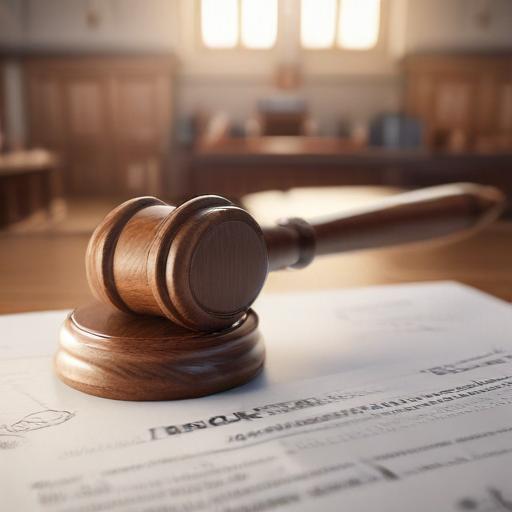In a significant turn of events regarding President Trump’s controversial campaign against certain law firms, a federal judge has ruled that an executive order imposing penalties on the law firm Susman Godfrey was unconstitutional. This ruling, delivered by Judge Loren L. AliKhan of the District Court for the District of Columbia, permanently blocks the government’s ability to enforce the terms of the order. It marks a crucial victory for those law firms that chose to resist Trump’s pressure rather than acquiesce.
Judge AliKhan’s ruling highlighted that the executive order was part of a broader initiative targeting firms whose positions the president opposed. Each previous case concerning these orders has resulted in courts finding serious constitutional violations, leading to their permanent rejection.
In response to the decision, Susman Godfrey released a statement celebrating the ruling as a victory for the rule of law, asserting that it protects the right of all Americans to legal representation free from retaliation.
The four law firms that contested Trump’s executive orders have now achieved a perfect record, winning all their cases, which were initially met with temporary injunctions but have now culminated in definitive victories. This contrasts starkly with firms that opted to appease the administration, such as Paul Weiss, which is reportedly facing significant fallout, including the loss of partners and clients.
The outcome has illustrated a reversal of expected strategies: where appeasement was thought to ensure stability, it has led to diminished credibility and client losses for those firms. In contrast, the firms that stood their ground are now seen as champions of legal integrity, and there is speculation regarding whether other firms may reconsider their previous stances and join the fight against the White House’s tactics.
Interestingly, after the publication of this news, an update emerged indicating that the White House has appealed one of its earlier court defeats against one of the challenging firms. This ongoing legal battle suggests that the issues at hand will continue to unfold, with potential implications for the legal landscape and the relationship between law firms and political leadership in the U.S.
Overall, as these legal battles develop, they highlight the importance of standing firm against undue pressure in the pursuit of justice and the foundational principles of law. It remains to be seen whether more firms will be inspired to challenge the administration, reinforcing a critical dialogue about the intersection of law and politics.
